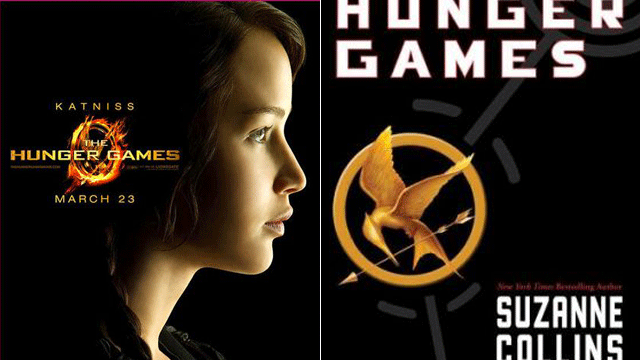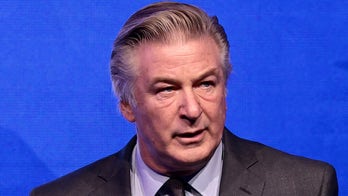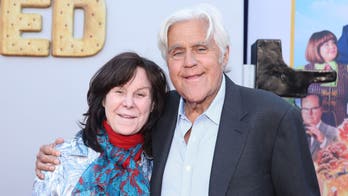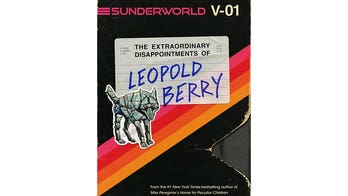
"The Hunger Games" hits theaters next week, but anticipation for the fantasy film has been boosting sales for the books its based on for months.
When Lionsgate first announced it had acquired the rights to the trilogy in 2009, 9.6 million of the Suzanne Collins books were in circulation. Now more than 26 million print copies have been printed – in addition to digital downloads – and the number is growing as the film’s marketing campaign intensifies in the days leading up to its March 23 release.
“We stay really true to the book,” star Josh Hutcherson assured FOX411’s Pop Tarts column. “Fans of the book will love it.”
The publisher of Suzanne Collins’s eponymous book loves the Hollywood-induced hype too.
“The success of 'The Hunger Games' trilogy has been a word of mouth phenomenon since the first book was published in 2008," Ellie Berger, President of Scholastic Trade Publishing said. "Now, with fan excitement at a fever pitch for the movie’s debut next week, the buzz has amplified even louder as more and more fans continue to discover Suzanne Collins’s incredible story every day."
Los Angeles-based author Ariane Sommer said she hadn’t heard of the series until she saw a trailer, prompting her to buy the e-book, and said she was “hooked from page one and can’t wait for the film.”
Schools are also feeling the effects. Heather Poundstone, a teacher librarian at the Magnolia Science Academy 8 in the Los Angeles Unified School District, told us that the books are all checked out and they have ordered more for the students, and when one student checks the book in, there is always another student waiting behind him/her to check it out. Nicole Vasquez, a 7th grade English teacher at the school, said the books have been a “huge hit,” and that several students “were caught reading the books during instructional time and while walking to and from school.
“Students really connected with the subjects of poverty, oppression, family, and love that are prevalent in the story. Books don't stay on the shelves in our classrooms and library,” she continued. “This is especially exciting because our school is located in a high-poverty area, we have a large percentage of English learners, and our students' overall reading levels are low.”
Collins’ best-seller isn't the first sci-fi series that shas drawn reluctant readers to the page. Principal Gillian Williams credits Harry Potter as a contributing factor in the dramatic rise in reading scores at New York’s P.S. 63 elementary school, and a survey by Waterstone Booksellers in the U.K revealed that children and teachers alike believed that the Potter books had a positive impact on literacy. Other reports have concluded that the "Twilight series encouraged good early reading habits and enticed middle schoolers not interested in books to read, while "Lord of the Rings" was praised by librarians across the globe for igniting an interest in books.
“I read the (Hunger Games) books before I found out it was going to be a movie, and I hadn’t been so excited about a book since the Potter series ended,” said book lover Mileska Ortiz. “Collins is a great storyteller and wrote a powerful trilogy of human survival. It is devastating and inspiring at the same time.”
Some still wonder if after the "Hunger games" movie is released, kids will watch it instead of reading the book.
“Some movies might encourage people to go back to the book, but it can also discourage others into never reading because they can just watch the movie and never have to justify why they didn’t read the book,” explained best-selling author and founder of his own publishing company Igniter, a sub imprint of HarperCollins.
But Sommer suspects that many who see “The Hunger Games” won’t be able to help but read (or even re-read) the books.
“When you see a movie that sparks your imagination, you will be left wanting more once you leave the theater,” she said. “Movies aren’t rivals to books, both art forms complement each other.”






